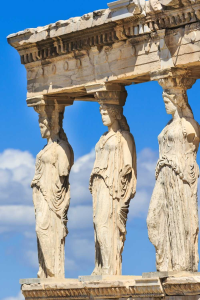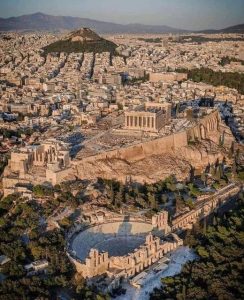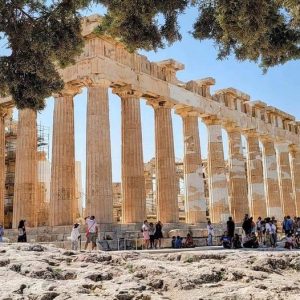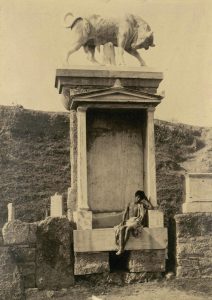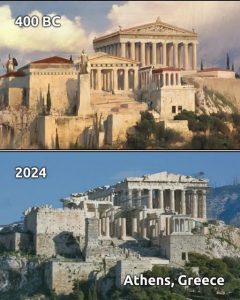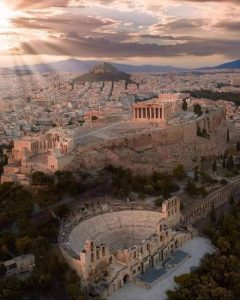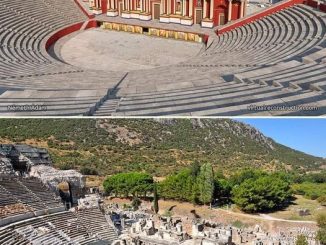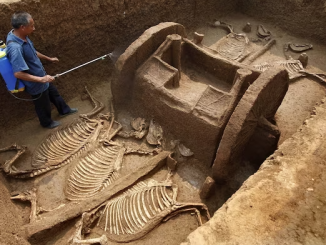Epidaurus is a small ancient city in Argolis and one of the most important archeological sites of Greece. Located on the northeastern side of Peloponnese just 2 hours from Athens, Epidaurus offers its visitors the chance to discover the Sanctuary of Asklepios and the world-famous Ancient theatre of Epidaurus.
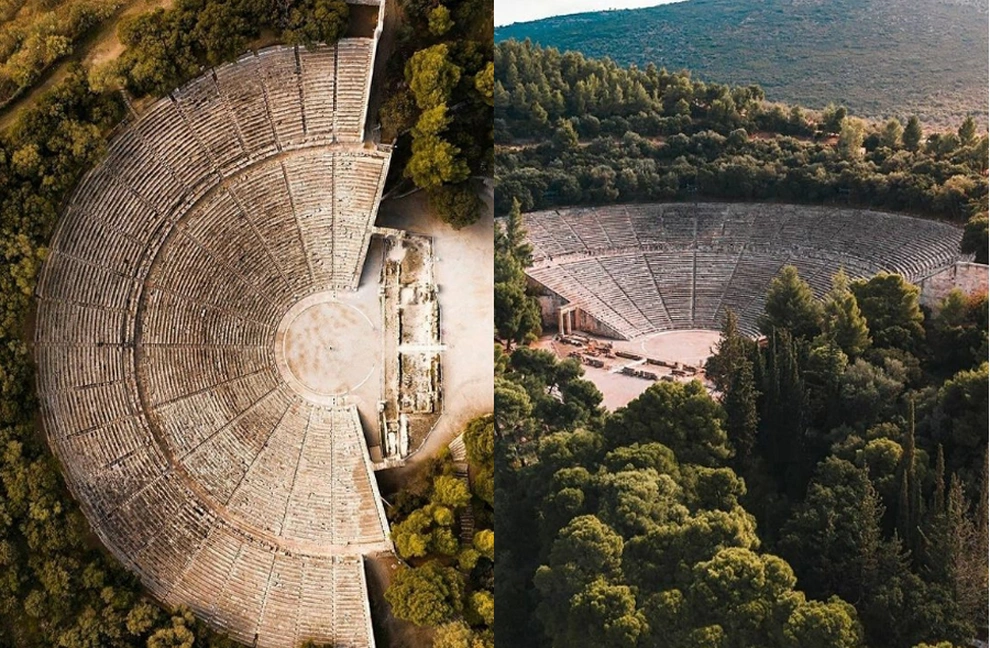
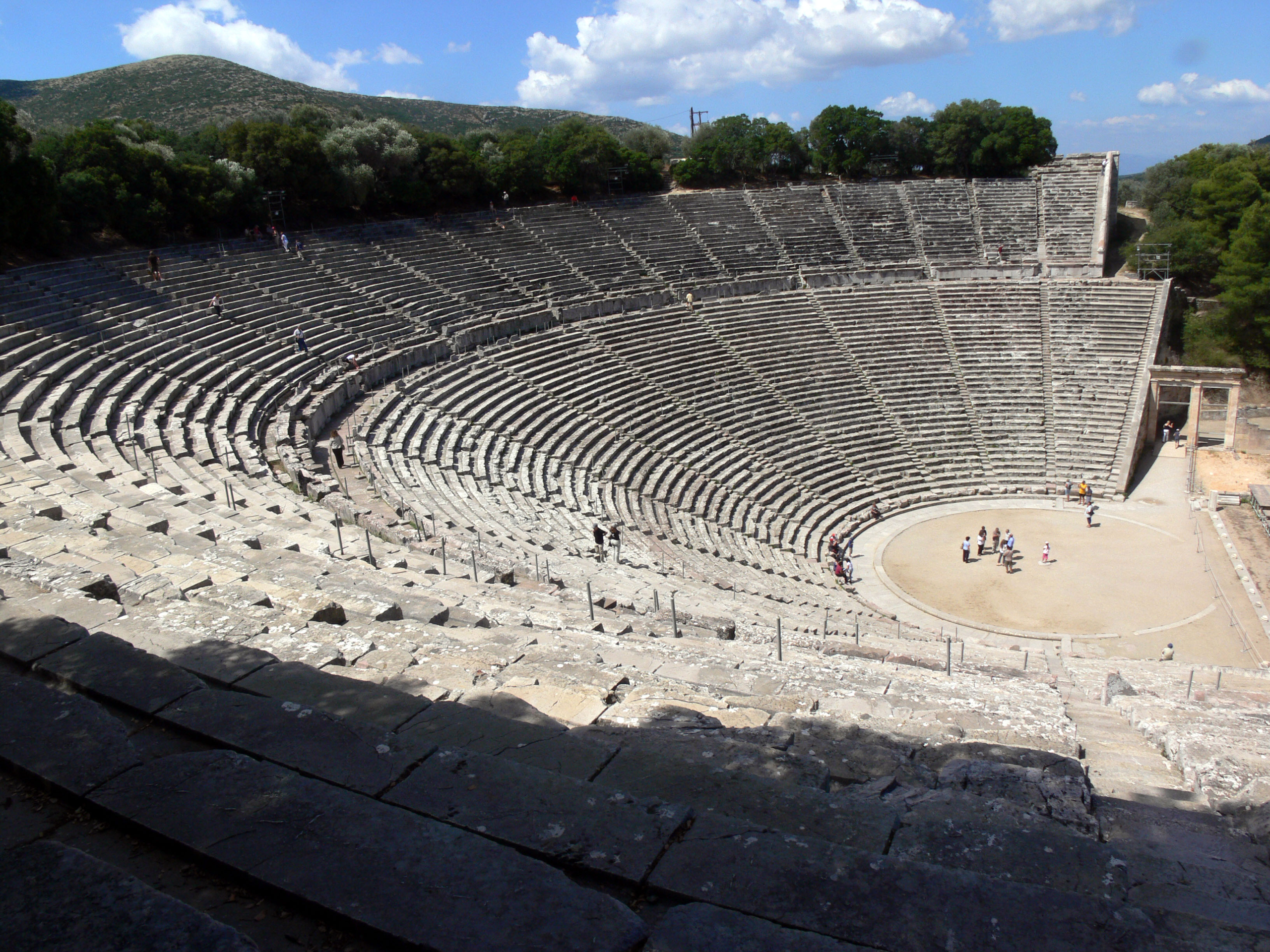
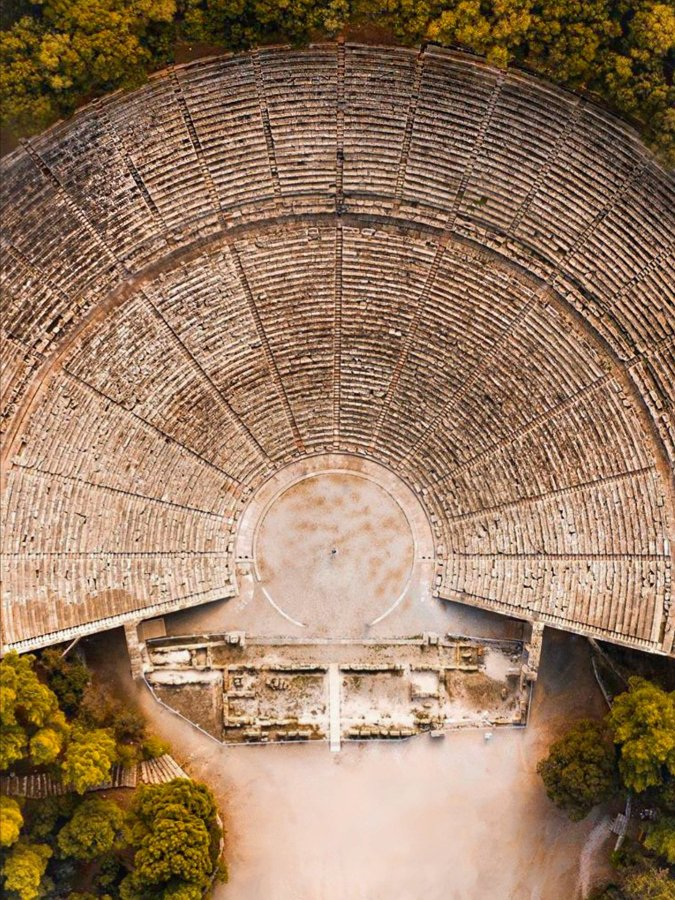
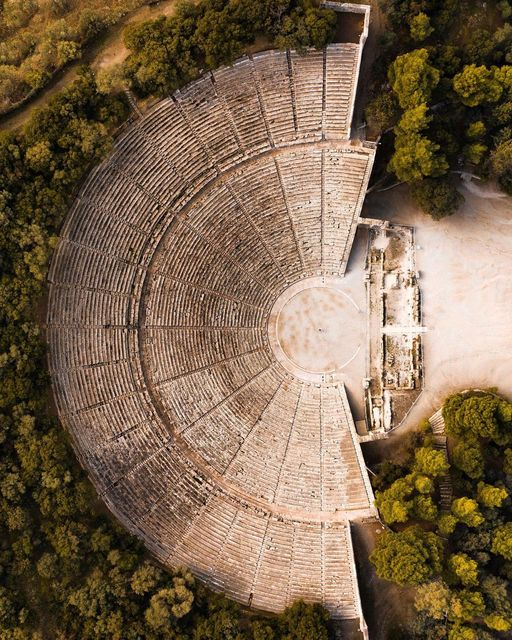
In Greek mythology, Epidaurus was mentioned as the birthplace of Asklepios the healer, son of god Apollo, who is considered by many historians as one of the first doctors to ever exist. In ancient times the Sanctuary of Asklepios served as a healing center and people from all over Greece would travel to seek medical assistance for illnesses and injuries. The Sanctuary of Asklepios was selected in 1988 to be listed as a World Heritage site by UNESCO.
Next to the Sanctuary of Asklepios lies the ancient theatre of Epidaurus, with a capacity of more than 15,000 visitors and known for its exceptional design and acoustics that allow even people in the last rows to hear the dialogs of the actors. Since 1945 and during the summer, the Epidaurus Festival takes place, where the Theatre still hosts hundreds of classic and modern plays with the participation of many Greek and foreign artists.
The theatre was built during the 4th century BC and is considered a jewel in terms of aesthetics and acoustics.
Epidaurus, which is amongst UNESCO World Heritage Sites, hosts a popular festival every summer, where visitors have the chance to watch both modern and ancient plays written 2,500 years ago! We will climb up to the 55th row of seats, to enjoy the acoustics and the spectacular view of the natural surroundings.
